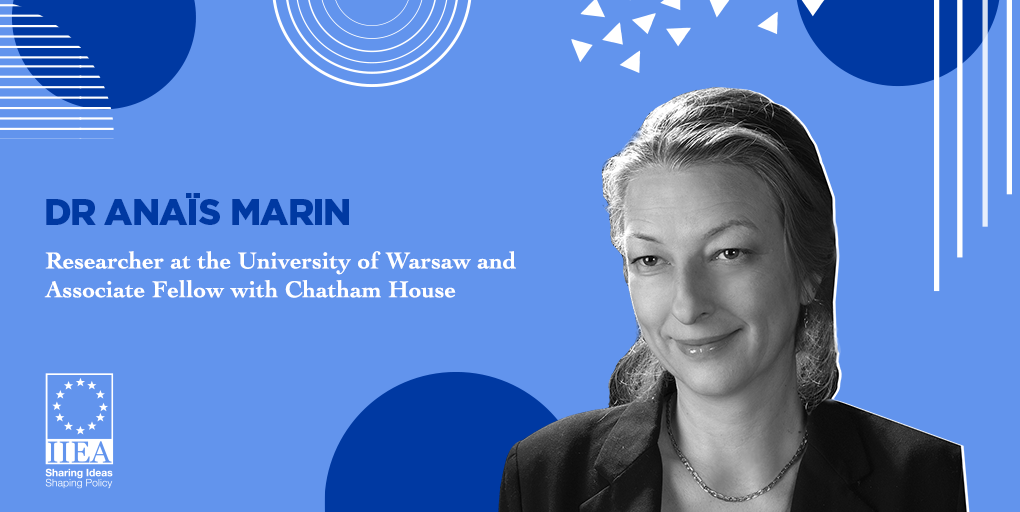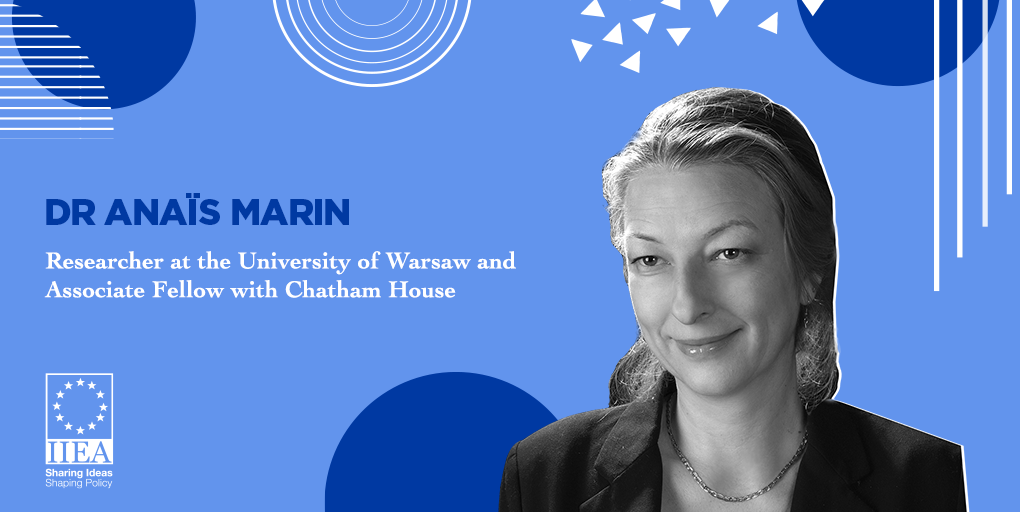Belarus in the New European Disorder: Challenges for the EU

In recent years, the Republic of Belarus has moved from a position of ‘situational neutrality’ to playing an enabling role for Russia’s aggression against Ukraine, which now poses a renewed security challenge to the EU too. Dr Marin argues that though the Republic of Belarus is facilitating Russian aggression, as the Belarusian regime continues to suffer under the pressure of Western sanctions, it will now seek ways to court European partners again. She contends that, while the EU is wary of such ‘dictaplomatic’ tactics, it should nonetheless consider breaking the deadlock of isolation policies which ultimately favour Russia. Dr Marin contends that the war provides the EU with a rare opportunity to review its neighbourhood relationship with Belarus, and to design tailored policies aimed at better supporting the democratic forces and civil society of that country which could ultimately excise it from Russia’s influences.
About the Speaker:
Dr Anaïs Marin is a French political scientist specializing in International Relations, Eurasian and Border Studies. For the past decade, her main research focus has been on Belarusian domestic and foreign policies, first as an expert with the Finnish Institute of International Affairs (FIIA), then as Marie Curie Fellow with Collegium Civitas (Warsaw), where she conductedcomparative research on “Dictaplomacy” as a tool for authoritarian regime-survival in Post-Soviet Eurasia. Since 2018 she is affiliated with the Centre for French Culture at the University of Warsaw, where she pilots a project on Russia’s “sharp power”. Dr Marin has published numerous articles, op.-eds and policy briefs on Belarus, the EU’s Eastern Partnership, EU-Russia relations and Eurasian geopolitics.

